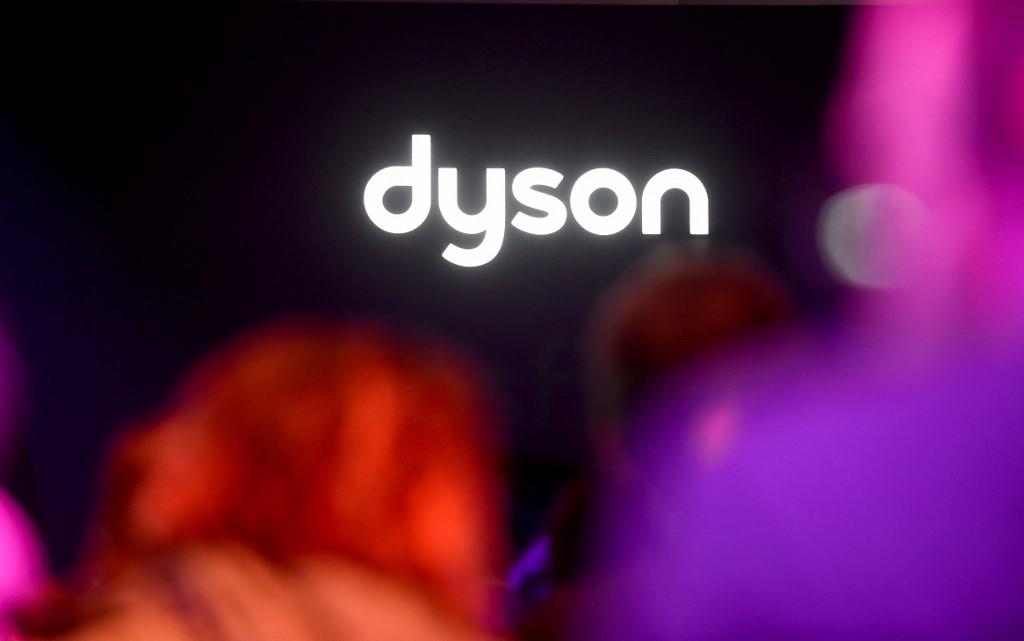Dyson dumps Malaysian supplier ATA over labour concerns
ATA, which is already being investigated by the US over forced labour allegations, had previously denied such allegations.
Just In
High-tech home appliance maker Dyson Ltd told Reuters it had cut ties with supplier ATA IMS Bhd following an audit of the company’s labour practices and allegations by a whistleblower, sending ATA shares plunging.
ATA, which is already being investigated by the US over forced labour allegations, confirmed Dyson has terminated its contracts and that it has been in talks with its customer over the audit findings.
Shares in ATA, which makes parts for Dyson’s vacuum cleaners and air purifiers, tumbled 30% to their lowest since April 2020 after the Reuters report. According to ATA, Dyson accounts for almost 80% of its revenue.
The termination is also a significant blow for Malaysia, a major electronics manufacturing hub that has faced scrutiny this year over claims migrant workers are being subjected to abusive working and living conditions.
Dyson, privately owned by British billionaire James Dyson, said it received the results of an audit of working conditions at ATA in early October. It said it had learned in September about allegations from a whistleblower at an ATA factory and had commissioned a law firm to investigate those claims.
“Despite intense engagement over the past six weeks, we have not seen sufficient progress and have already removed some production lines,” Singapore-headquartered Dyson said in response to questions from Reuters.
“We have now terminated our relationship with six months’ of contractual notice. We hope this gives ATA the impetus to improve, and enables an orderly withdrawal in the interests of the workers that they employ.”
ATA had in May denied allegations of forced labour at its factories after a prominent rights activist said US authorities were going to scrutinise the company’s work practices.
The activist, Andy Hall, shared a letter the U.S. Customs and Border Protection (CBP) had sent him informing him it had agreed to investigate an ATA unit after he flagged complaints received from workers.
The CBP has banned six Malaysian firms in the last two years from selling their products to the United States after finding evidence of forced labour.
In July, the US State Department put Malaysia on a list with more than a dozen countries including China and North Korea, saying it had not made progress in eliminating trafficking of workers.
Migrant workers
Foreigners form a significant part of Malaysia’s workforce. Most migrant workers in Malaysia come from Bangladesh and Nepal, and are employed in factories, plantations and construction sites.
Over half of ATA’s 8,032 employees are foreigners, according to the firm’s latest annual report.
ATA posted record revenue and profit for fiscal year ended March 2021 as Covid-19 induced lockdowns boosted demand for home appliances such as Dyson’s stick vacuum cleaner.
Dyson rejected allegations earlier this year regarding excessive hours and cramped living conditions for ATA workers, citing multiple prior audits it said had not found any issues involved in its supply chain.
Activist Hall said Dyson’s decision to terminate the relationship would have huge implications for the thousands of workers employed at ATA and Dyson should remediate ATA workers.
The government must also bear some responsibility, Hall added, saying he had made multiple complaints in the past year to the government about ATA.
The labour department did not immediately respond to a request for comment.
Social audits – the main form of due diligence conducted by the world’s biggest brands – are meant to monitor labour and other ethical standards in the supply chain. However, critics say some companies have turned into a perfunctory tick-boxing exercise.
Dyson said the recent audit findings it received in October were from a “comprehensive” audit that interviewed over 2,000 members of ATA staff.
It did not disclose the findings of the audit.
Subscribe to our newsletter
To be updated with all the latest news and analyses daily.
